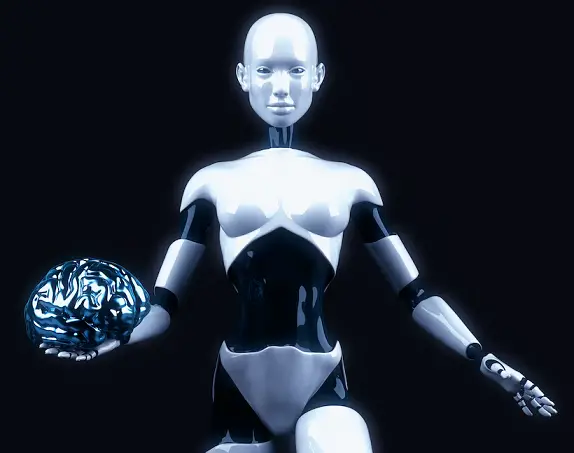According to Meta President of Global Affairs Nick Clegg, current artificial intelligence models are “quite stupid” and “far short” of being capable of posing any sort of threat to human civilization.
Clegg, who was previously the Deputy Prime Minister of the United Kingdom, joined Meta, the parent company of Facebook in 2018. In an interview with BBC Radio 4, he said that the “hype” regarding the risks of artificial intelligence have “run ahead of the technology.”
In a discussion of the launch of the open source Llama2 chatbot Meta is debuting, Clegg said that the “existential warnings” which some have been making about the new technology “relate to models that do not currently exist.”
He described as not possible, “the vision where AI develops an autonomy and agency on its own,” adding that “the models that we’re open-sourcing are far, far, far short of that. In fact, in many ways, they’re quite stupid.”
Mark Zuckerberg recently announced that Meta will release a commercial version of the Llama 2 language model online for free, which will allow tech startups and other businesses a cost-saving alternative to OpenAI’s ChatGPT and Google’s Bard.
AI has been the subject of much speculation, and several ardent warnings of late, as the first commercial versions are being brought online and made available.
Geoffrey Hinton, an ex-Google engineer who left the company earlier in the year after earning the nickname, “Godfather of AI,” said he feels the technology is “being developed in a society that is not designed to use it for everybody’s good.”
Earlier this year, tech leaders including Elon Musk and Steve Wozniak signed an open letter which called for immediate independent aggressive regulation of the artificial intelligence sector. Others, such as Wendy Hall, a computer science expert, have said that companies such as Meta, which is offering blueprints for its AI language model, are “a bit like giving people the template to build a nuclear bomb.”
For his part, Clegg says that the release of Llama 2 to the public will produce a “wisdom of crowds” effect which he says is preferable to keeping artificial intelligence in the “clammy hands” of Big Tech.

